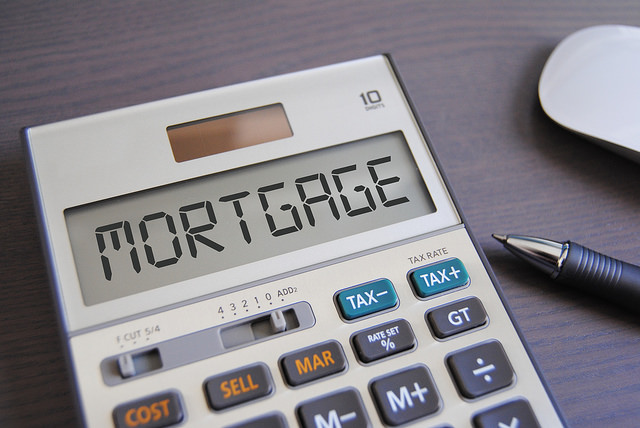What Will Happen if My Spouse Stops Paying the Mortgage?
Mortgage and credit questions abound when you’re going through a divorce. Splitting from your spouse legally and financially requires several steps, especially if you own a house.
Many couples choose to sell the house; often one partner cannot carry the burden of mortgage payments on his or her own. Selling also makes it easier to split any equity or manage any debt. However, in some cases, one partner will choose to remain, sometimes to keep a stable life for children or because the house’s location is excellent, or perhaps if the housing market is unfavorable.
Recently a question came up in our monthly divorce workshop about mortgages that we haven’t heard often. However, the question highlights some fears about credit people often have during the process, especially when dealing with a partner who is not amicable about divorce.
“What will happen if he stops paying the mortgage?”
To answer that question, we are first assuming both your names are on the loan. If both of your names are on the loan, you are both responsible for the payments. Late payments or missed payments will appear on both your credit reports.
Once a divorce is finalized, the partner keeping the house transfers the loan to his/her name. To separate a mortgage, he/she will have to refinance. (Please note that a divorce decree does not automatically change a mortgage, which is a separate contract you and your spouse signed.)
However, problems may occur during North Carolina’s one-year separation period. Let’s say you move out of the house, but he remains there. You both verbally agree he will maintain the mortgage payments. But whether out of malice or financial struggle, he stops making those payments.
The result is the same as if you were both living there. The bank will send notices to that address and begin reaching out to you about loan payments. The problem is that you may not hear about it because they will be mailed to the home address.
- Mortgage servicers must send written notice before the bill is 45 days delinquent. That notice will include information on all available foreclosure avoidance options, such as a loan modification or a short sale.
- If your partner missed only one payment, things would continue with a late fee added to the next bill.
- If your partner opts for the loan modification, the lender can add late or missed payments and any fees to the total loan. In a short sale, he/she will sell the house for less than they owe. However, because you still legally own the house as well, your partner cannot make these decisions alone.
- Many people worry about foreclosure, but it’s not likely to occur in this case — at least not while you’re still legally married — because the process takes so long. Lenders can’t file for foreclosure until the homeowner is 120 days overdue — and only then if you have not applied for assistance. Even after a lender requests foreclosure, the process takes an average of 572 days according to RealtyTrac. Still, it’s not something you want even to come close to dealing with because foreclosures and short sales remain on your credit report for years.
What You Can Do
First, get it in writing. While many couples verbally agree on a payment plan once one moves out, it’s best to create an agreement in writing. Next, encourage your partner to refinance the house, removing your name from the mortgage.

In North Carolina, you are not required to get a Separation Agreement, but many couples work with attorneys to create this and a Property Settlement Agreement. These documents outline many divorce issues, such as child custody and child support and who is in charge of the mortgages — as well as the consequences of not paying.
If you do not have such agreements and you’re concerned about your partner not paying the bills, you can get a temporary order from the court indicating he is responsible for the payments or ordering him to refinance. These orders are hard to enforce. However, a judge is not going to look favorably on his failure to keep up a marital asset, which may help your case later during the actual divorce.
Speak to an Attorney
Some people try to avoid paying an attorney during a divorce, but this is just one example of why it’s important to talk to someone about your legal rights and responsibilities as you and your spouse legally split. To get started, visit our monthly divorce workshop, where an attorney, a financial adviser, and a therapist can answer your questions.





